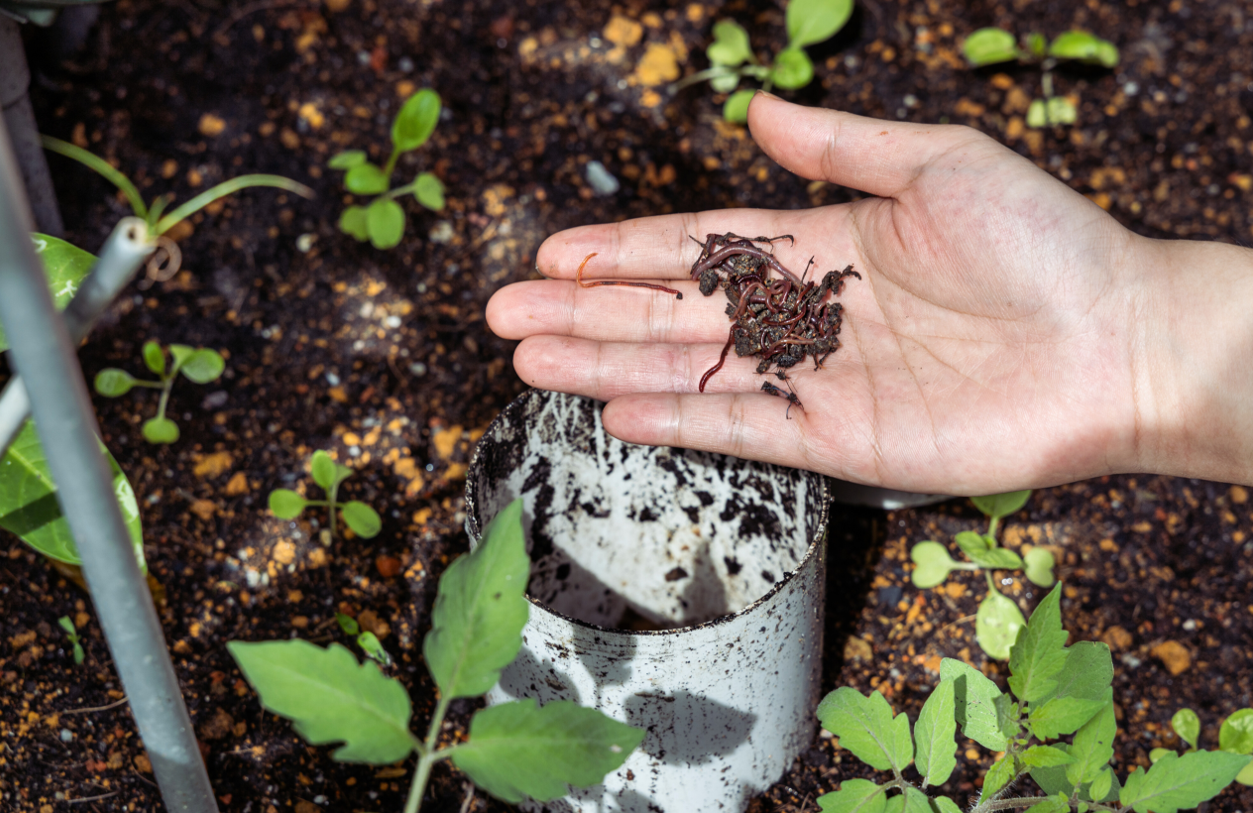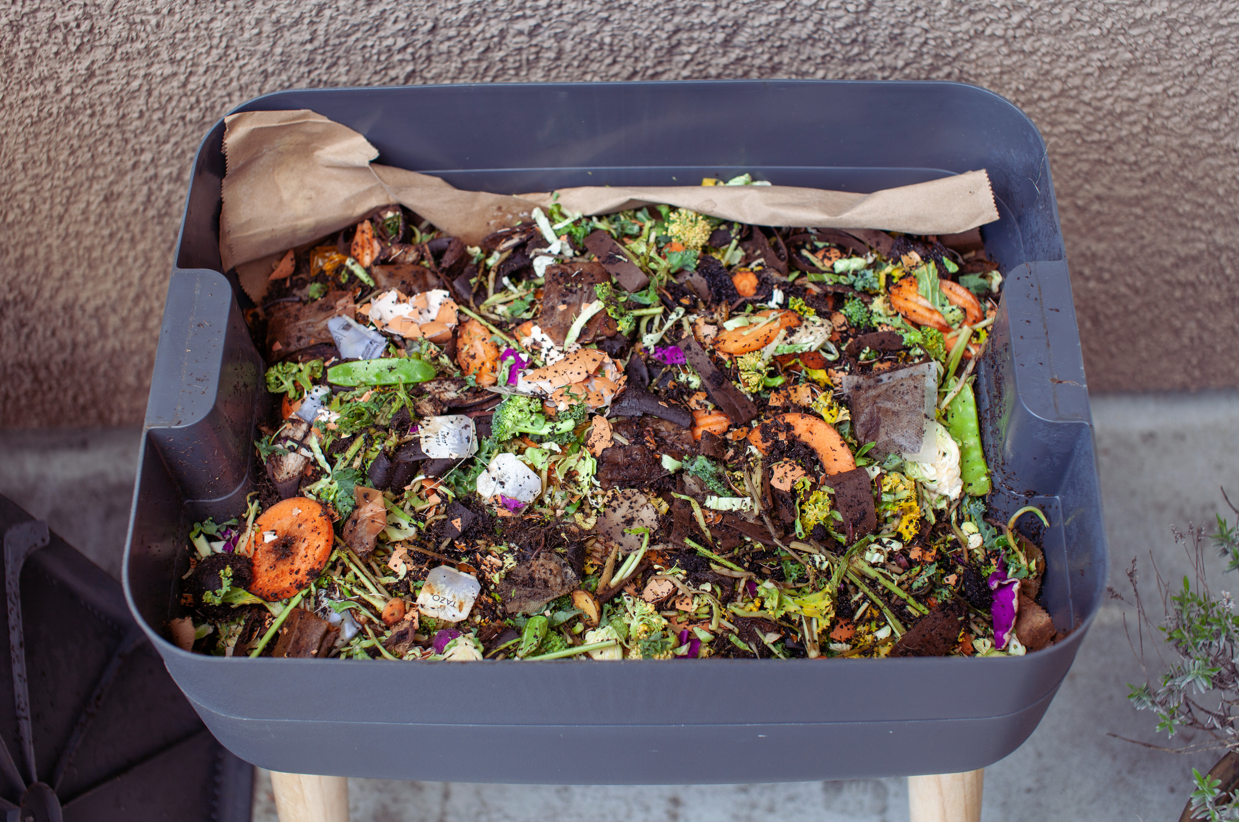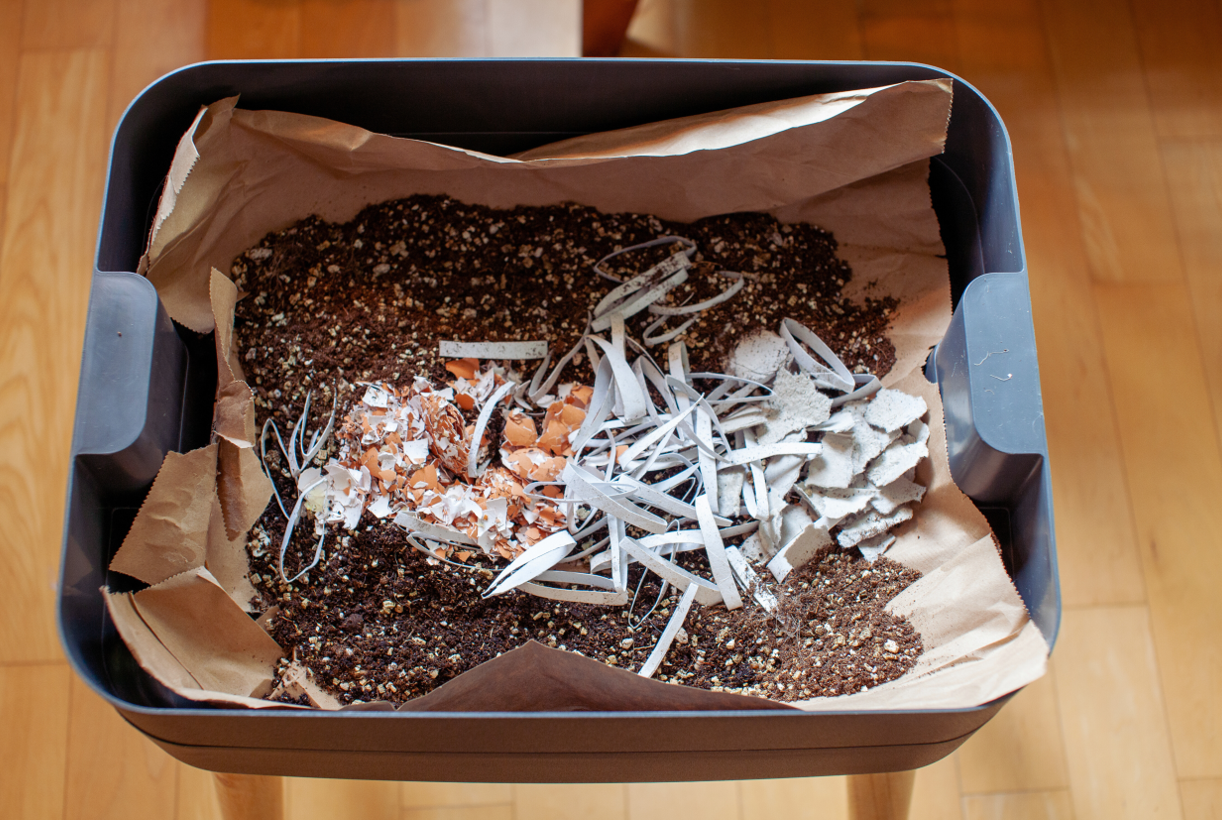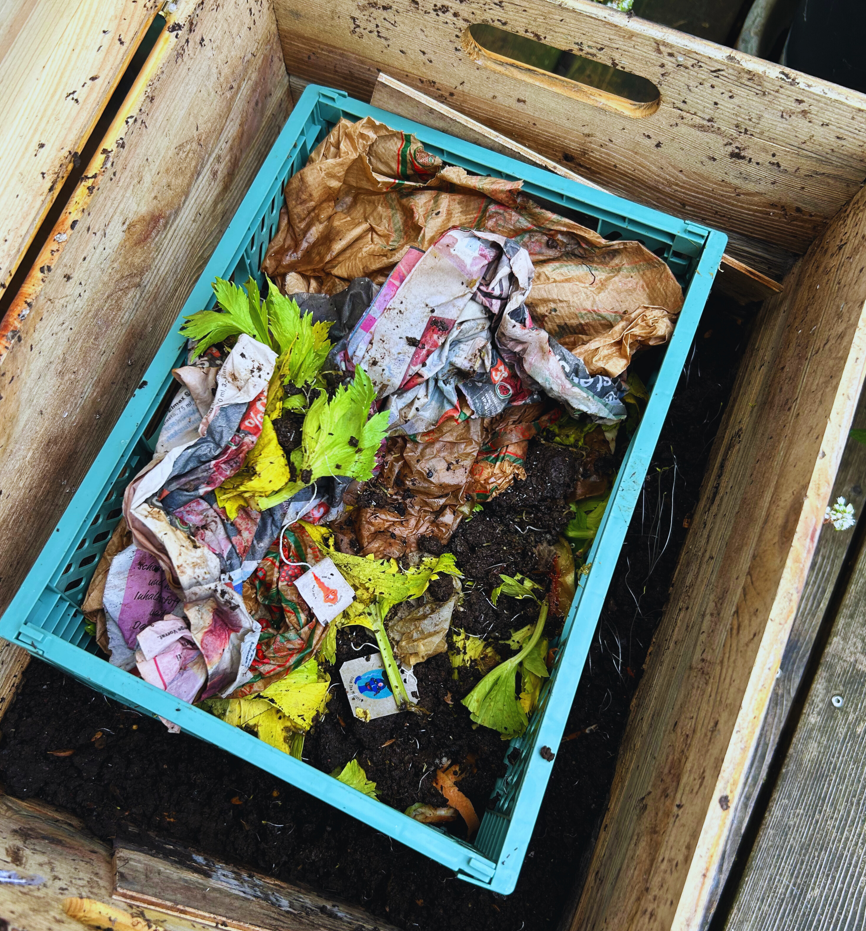



Reducing Your Carbon Footprint with Worm Power: A Guide to Urban Vermicomposting
My path to reducing my carbon footprint led me unexpectedly to the vibrant world of vermicomposting. I stumbled upon this eco-friendly gem while browsing composting methods online. It turns out that worm composting is quite popular in Europe, with plenty of creative setups, including furniture-like worm bins that blend seamlessly into home decor. Here's how "worm power" can help you significantly lower your carbon footprint while enriching your urban environment.
Why Vermicomposting?
Vermicomposting, or worm composting, uses worms to convert kitchen scraps into rich, nutrient-packed soil. This process not only diverts waste from landfills, where it would decompose anaerobically and produce methane—a potent greenhouse gas—but it also produces compost that is beneficial for plant growth and soil health. The simplicity of using worms to transform kitchen scraps into nutrient-rich soil intrigued me immediately. I have a lot of potted plants and have become increasingly reluctant to use artificial fertilizers to make them thrive.
The Carbon Footprint Connection
Methane has a global warming potential significantly higher than CO2, making its reduction critical for combating climate change. Vermicomposting helps reduce methane emissions by diverting organic waste from landfills and transforming it into valuable compost. https://scraplab.princeton.edu/2020/03/the-composter-how-much-can-composting-help-in-solving-the-climate-challenge/
Moreover, the compost generated through vermicomposting can enhance soil structure, improve water retention, and increase carbon sequestration in the soil. This not only pulls carbon out of the atmosphere but also reduces reliance on synthetic fertilizers, which are produced using energy-intensive processes that emit a considerable amount of greenhouse gases. https://www.unep.org/news-and-stories/story/how-composting-can-reduce-our-impact-planet.
Setting Up Your Worm Bin
Creating a worm bin is straightforward and can be done even in a small apartment. You'll need a container, bedding made from organic materials like shredded newspaper, and a batch of red wigglers. Place your bin in a convenient location like the kitchen, where you can easily add your organic scraps.You will find some inspiration here:
https://brotherswormfarm.com/blogs/composting-with-live-worms/beginners-guide-to-worm-composting
Experiencing the Benefits
After setting up my bin, I was pleasantly surprised to find there was no bad odor—just a fresh, earthy scent reminiscent of a forest floor.My worm bin has not only given me lots of microbe-rich soil, which my plants love. It has also sharpened my senses. I notice the smallest changes in smell or appearance and now know exactly how I can control the composition and quantity of my compost so that it is ideally utilized by the worms.
Join the Urban Composting Movement
Vermicomposting is more than just a personal project; it's a movement towards a more sustainable and environmentally conscious way of living. Sharing this practice with neighbors and friends can amplify its impact, turning our urban spaces into greener, more sustainable environments.
If you're looking for a simple, effective way to participate in environmental stewardship right from your home, vermicomposting is a fantastic option. It's easy to start, rewarding to maintain, and makes a significant difference in reducing our collective carbon footprint.